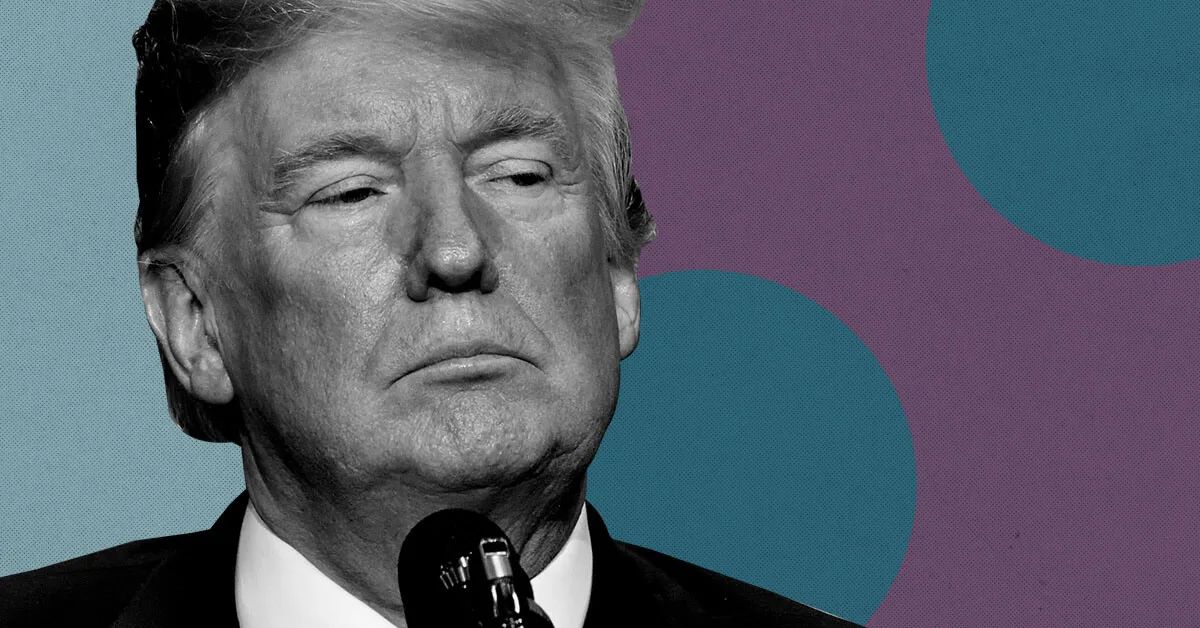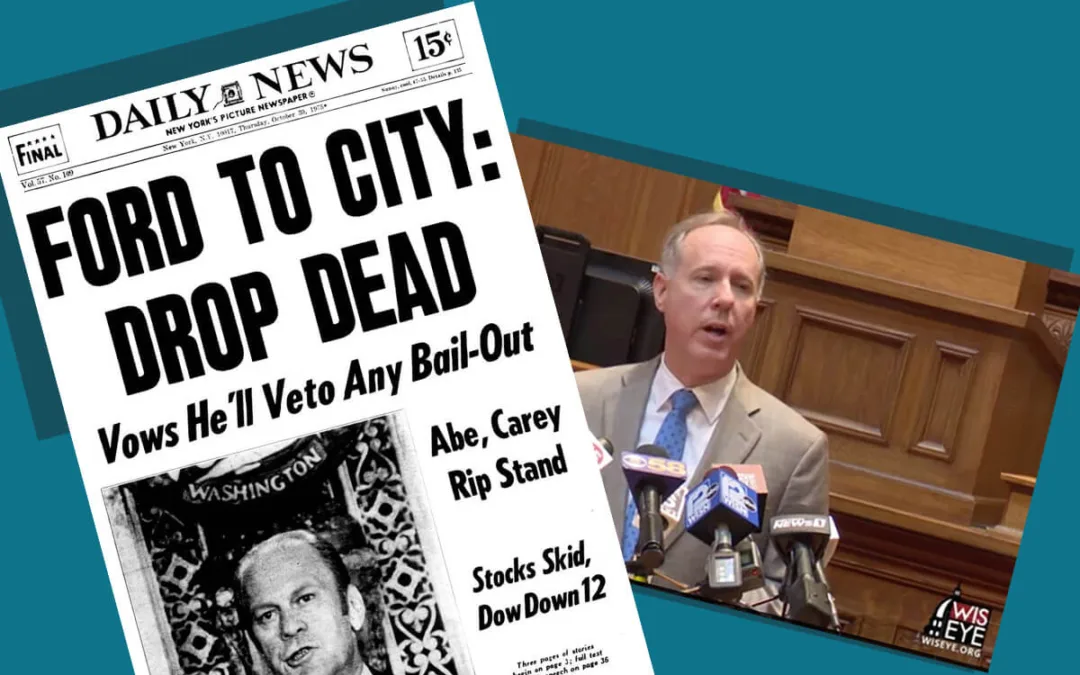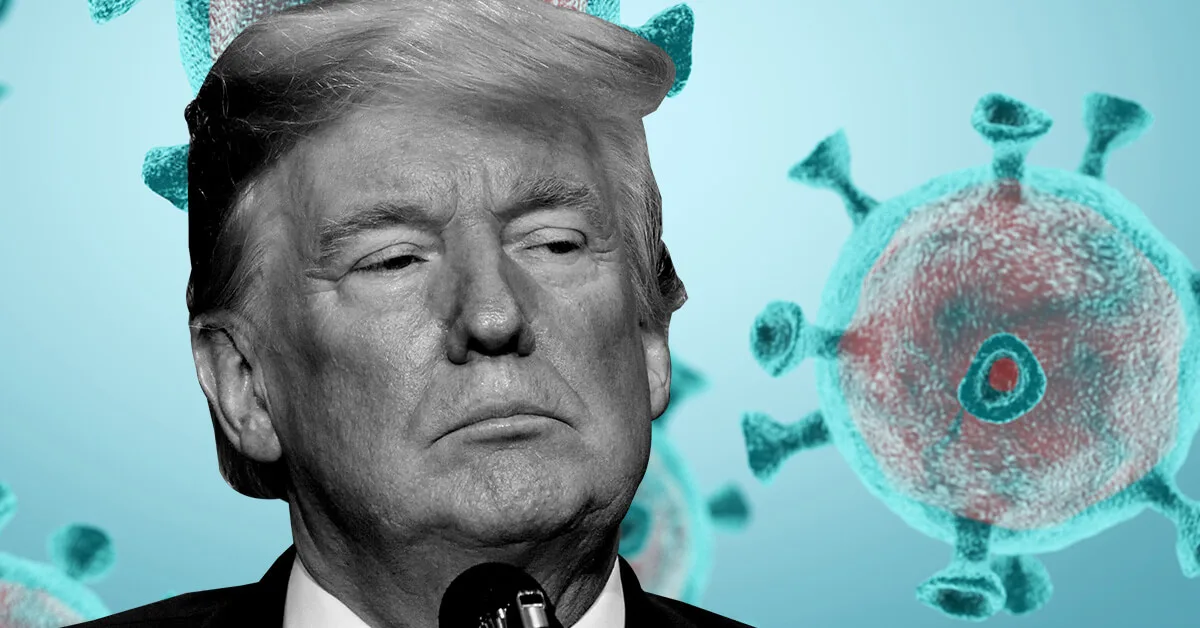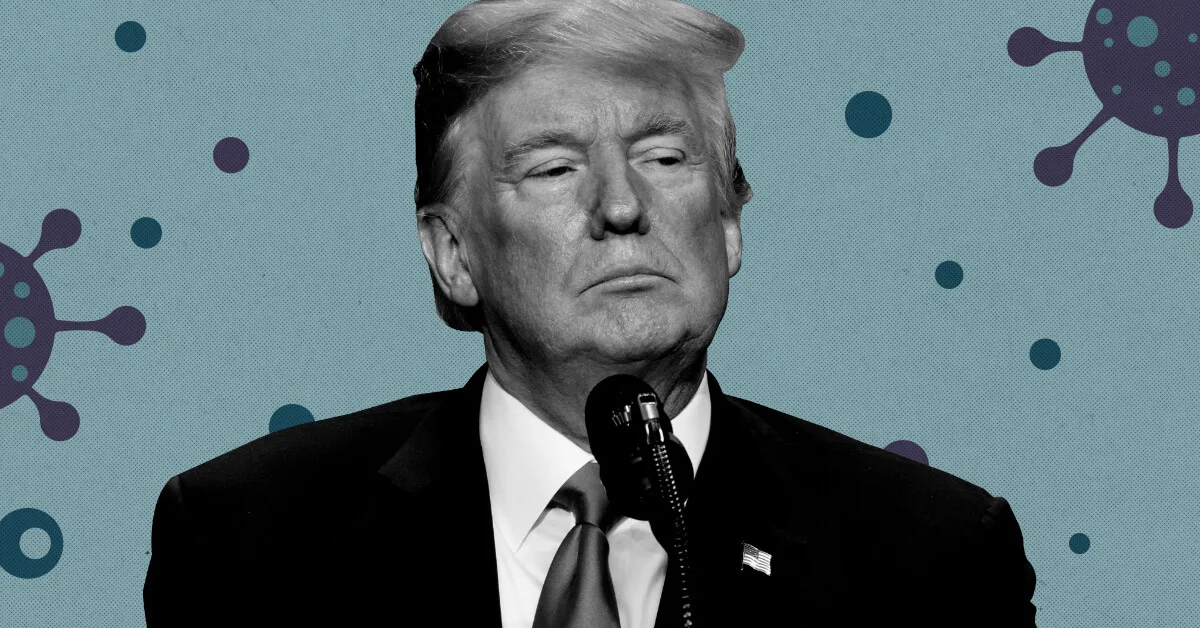
#image_title
#image_title
President Trump proposes travel bans and tax cuts to fight coronavirus. And a dose of distractions.
Addressing the nation from behind the storied “Resolute” desk in the White House, President Donald Trump tried to rebuild national confidence that had been undone by President Donald Trump.
The same President who tweeted “the coronavirus is very much under control” as medical professionals were stymied by delays in testing patients is now promising to cut “massive amounts of red tape to make antiviral therapies available in record time.” And tax cuts.
“The virus will not have a chance against us,” the President said near the end of his Wednesday night remarks. “No nation is more prepared or more resilient.”
Describing the coronavirus more as an invading foe than a microbe, the President announced he was building a wall, not made with concrete but with a refusal to accept flights from Europe. Except Britain. And yet the United Kingdom has had more coronavirus cases than two-dozen European countries combined.
Overnight, global markets responded to Trump’s “underwhelming stimulus measures” with more losses. The New York Stock Exchange formally entered “bear” territory, falling more than 20 percent below its last record highs.
The recovery and record setting bull market that began two months after Barack Obama became President is officially over.
By putting heavy emphasis on economic matters, the President’s speech continued a trend of shying away from responding to the pandemic in a way that would truly minimize public transmissions, illness and deaths.
State and local leaders, private entities and educators have been deciding on the fly whether people can still gather or be told to stay away. Shortly before the President’s remarks, the NCAA cancelled attendance at its upcoming basketball tournaments. Shortly after the President’s remarks, the NBA suspended its season.
On Tuesday, an international coronavirus conference was canceled, due to the coronavirus.
And then the President himself cancelled planned trips to Las Vegas and Milwaukee.
He could have used his speech to announce the cancelations and demonstrate personal adherence to the advice of health professionals. Instead, the changes were announced in an email to reporters after the speech was done. First came word that he would not attend a meeting of the Republican Jewish Coalition in Nevada, then the cancelation of a “Catholics for Trump” rally in Wisconsin.
The initial Milwaukee announcement led to so many inquiries to the Archdiocese of Milwaukee, according to an article in the Milwaukee Journal Sentinel, that Archbishop Jerome Listecki had to issue a special message clarifying that the “Catholics for Trump” rally was not in any way connected to the church but was entirely a function of the Trump re-election campaign.
(Meanwhile, Vice President Mike Pence, the point man for the administration’s response to the viral outbreak, is at last report still planning to attend a campaign event near Wausau next week to promote state Sen. Tom Tiffany, R-Hazelhurst, in his 7th Congressional District special election race against Democrat Tricia Zunker in May.)
The President said the right things in his speech about washing hands, cleaning surfaces and staying home if ill. But there was again the emphasis that coronavirus won’t be that bad for many Americans.
“For the vast majority of Americans, the risk is very very low, and healthy people can expect to recover fully and quickly if they should get the virus.”
In the absence of candid, consistently trustworthy information, Americans are relying on whatever they can find online. Sometimes what they find is folly, like trying to make a hand sanitizer from Tito’s Vodka. But often, they are doing their homework and providing leadership on their own.
“The people in our universities and in our states’ health departments are getting the message,” said physician and former Vermont governor Howard Dean. “Governors are being very responsible. I don’t hear much discordance and stupidity outside the federal government on this issue, and I think people have turned to their local governments. And that’s the right thing to do.”
But even with more than a dozen governors declaring public health emergencies, state and local governments cannot fight a pandemic alone. The President’s wish list of low interest loans and tax cuts may show Wall Street he’s taking decisive action, but there were few tangible signs of decisive action at the household level.
No certainty of free testing, no paid sick leave, no food for children whose school lunches are as canceled as their classes. By deferring tax payments the President claimed he was adding “more than $200 billion of additional liquidity to the economy.” But starving the government of resources can also limit its ability to help state and local leaders navigate a crisis.
“We must put politics aside,” the President said, “stop the partisanship, and unify together as one nation.”
Political unity, however, has a half-life on par with uranium. There will certainly be new political distractions and partisan arguments –about the effectiveness of travel bans and about whether even a global pandemic can get Congress to agree on a bipartisan plan– even as the wait goes on for testing to be done, for plans to be made, for leadership to emerge.
Politics

Biden makes 4 million more workers eligible for overtime pay
The Biden administration announced a new rule Tuesday to expand overtime pay for around 4 million lower-paid salaried employees nationwide. The...

Biden administration bans noncompete clauses for workers
The Federal Trade Commission (FTC) voted on Tuesday to ban noncompete agreements—those pesky clauses that employers often force their workers to...
Local News

The 8 most convincing UFO sightings in Wisconsin history
If you’ve ever seen something light up in the sky and wondered what it could be, there’s a chance it’s a UFO, especially if you’re in Wisconsin. The...
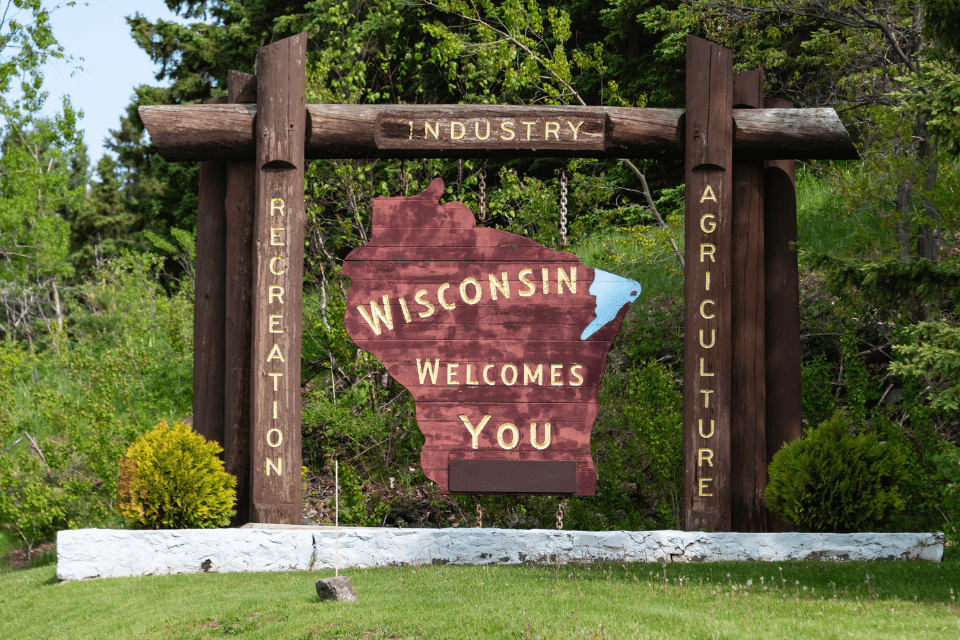
What’s the best budget-friendly destination in Wisconsin?
From the shores of Lake Michigan to the rustic beauty of the Northwoods, Wisconsin is teeming with unforgettable destinations where you can relax,...



